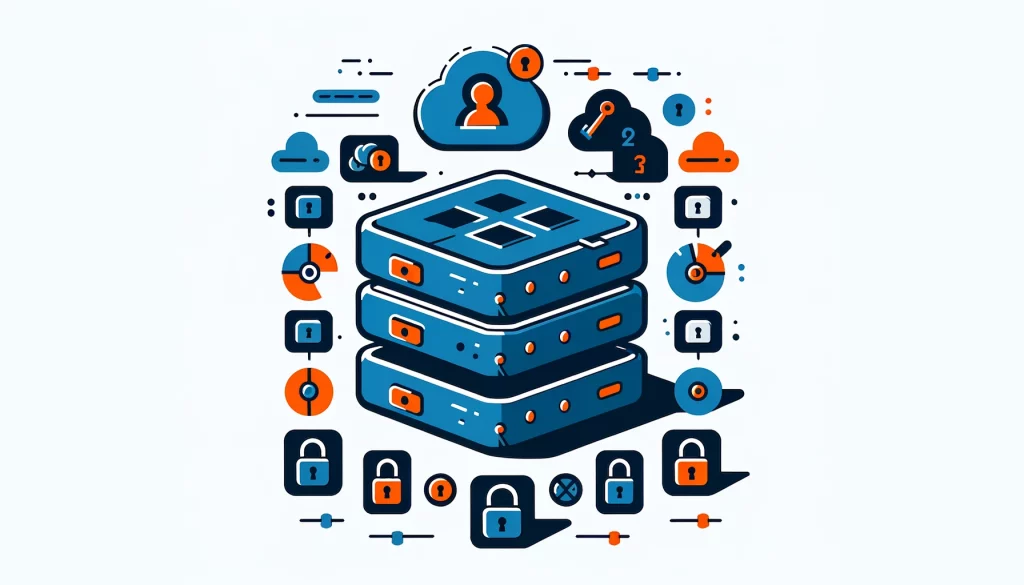
Postgres Row Level Security

Introduction
In today’s data-driven world, ensuring the security and privacy of sensitive information is paramount. Postgres is a database management system that is open-source. It has a feature called Row Level Security (RLS) that gives you control over data access. With RLS, you can determine who can access your data. This article will explain the basics of Postgres Row Level Security.
Also, it will discuss why this feature is important. Additionally, it will provide information on how you can use it to protect your data.
What is Postgres Row Level Security?
Postgres Row Level Security (RLS) is a security feature. It allows you to control access to specific rows of data in a table. This control relies on user roles and conditions.
It acts as an additional filter applied to queries, narrowing down or rejecting data according to predefined security policies. RLS lets you decide who can view and edit specific data. This ensures that users can only access data that they have permission to see.
Why is Row Level Security Important?
Data security is a critical concern for any organization dealing with sensitive information. Row Level Security offers several benefits:
- Granular Access Control: RLS allows you to control who can view certain data rows. This ensures that users only see information that is pertinent to their roles.
- Scalability: With RLS, you can control who has access to what, even outside specific apps. This makes it simpler to keep security rules in check for many users and roles.
- Data Privacy: RLS keeps sensitive data safe by limiting who can see certain rows. This action reduces the likelihood of data leaks and ensures compliance with privacy rules.
Implementing Row Level Security Policies
To implement Row Level Security in Postgres, you need to follow these steps:
- Enable RLS on the table using the ALTER TABLE … ENABLE ROW LEVEL SECURITY command. This is a prerequisite for applying RLS policies.
- Create RLS policies using the CREATE POLICY command. Each policy sets rules for different database actions like selecting, adding, changing, or deleting data. These rules only apply to rows that meet certain criteria specified in a SQL expression.
- Use USING statements to define the conditions for accessing existing table rows. For example, you can restrict access to the current user’s role or other attributes.
- Use WITH CHECK statements to ensure that new rows being added or changed follow the policy’s rules:
sql
CREATE POLICY user_policy ON users
USING (user_id = current_user)
WITH CHECK (user_id = current_user);This policy ensures that users can only access and modify their own rows in the users table.
Examples of Postgres Row Level Security in Action
- Restricting Access Based on User Roles: Suppose you have a table called orders with columns order_id, customer_id, and order_details. You want to ensure that customers can only view their own orders. Here’s how you can implement RLS:
sql
CREATE POLICY customer_orders ON orders USING (customer_id = current_user);With this policy in place, when a customer queries the orders table, they will only see the rows where the customer_id matches their own user ID.
- Applying Different Access Permissions for New Rows: Let’s say you have a table called employees with columns employee_id, name, and salary. You want to allow all employees to view the table but restrict modifications to their own rows. You can achieve this using two policies:
sql
CREATE POLICY employee_view ON employees FOR SELECT USING (true); CREATE POLICY employee_modify ON employees USING (employee_id = current_user);The first policy allows all employees to perform SELECT operations on the entire table, while the second policy restricts modifications (INSERT, UPDATE, DELETE) to rows where the employee_id matches the current user.
DataSunrise: Exceptional Tools for Data Management
DataSunrise enhances Postgres security by simplifying the management of Row Level Security policies as your database grows in complexity. It provides tools for data management, such as security, audit rules, masking, and compliance, that are exceptional and flexible.
DataSunrise simplifies the implementation and management of Row Level Security policies, making it easier to ensure data privacy and meet regulatory requirements. With DataSunrise, you can:
- Define and enforce RLS policies across multiple databases and tables
- Monitor and audit data access to detect potential security breaches
- Apply data masking techniques to protect sensitive information
- Ensure compliance with regulations like GDPR, HIPAA, and PCI-DSS
To use DataSunrise for your Postgres security needs, please contact our team for an online demo. Experience firsthand how DataSunrise can help you secure your data and streamline your compliance efforts.
Conclusion
Postgres Row Level Security is a powerful tool for protecting sensitive data and enforcing granular access control. RLS policies ensure that users can only access and modify authorized data. This helps prevent data breaches and safeguards data privacy. However, managing RLS policies can be complex, especially as your database grows.
DataSunrise offers a comprehensive solution for Postgres security, simplifying the implementation and management of Row Level Security policies. With DataSunrise, you can protect your data, follow rules, and feel confident that your important information is safe.
Avoid delaying the prioritization of data protection until it becomes critical. Act now to see how Postgres Row Level Security, with DataSunrise tools, can safeguard your important data assets.
Next
